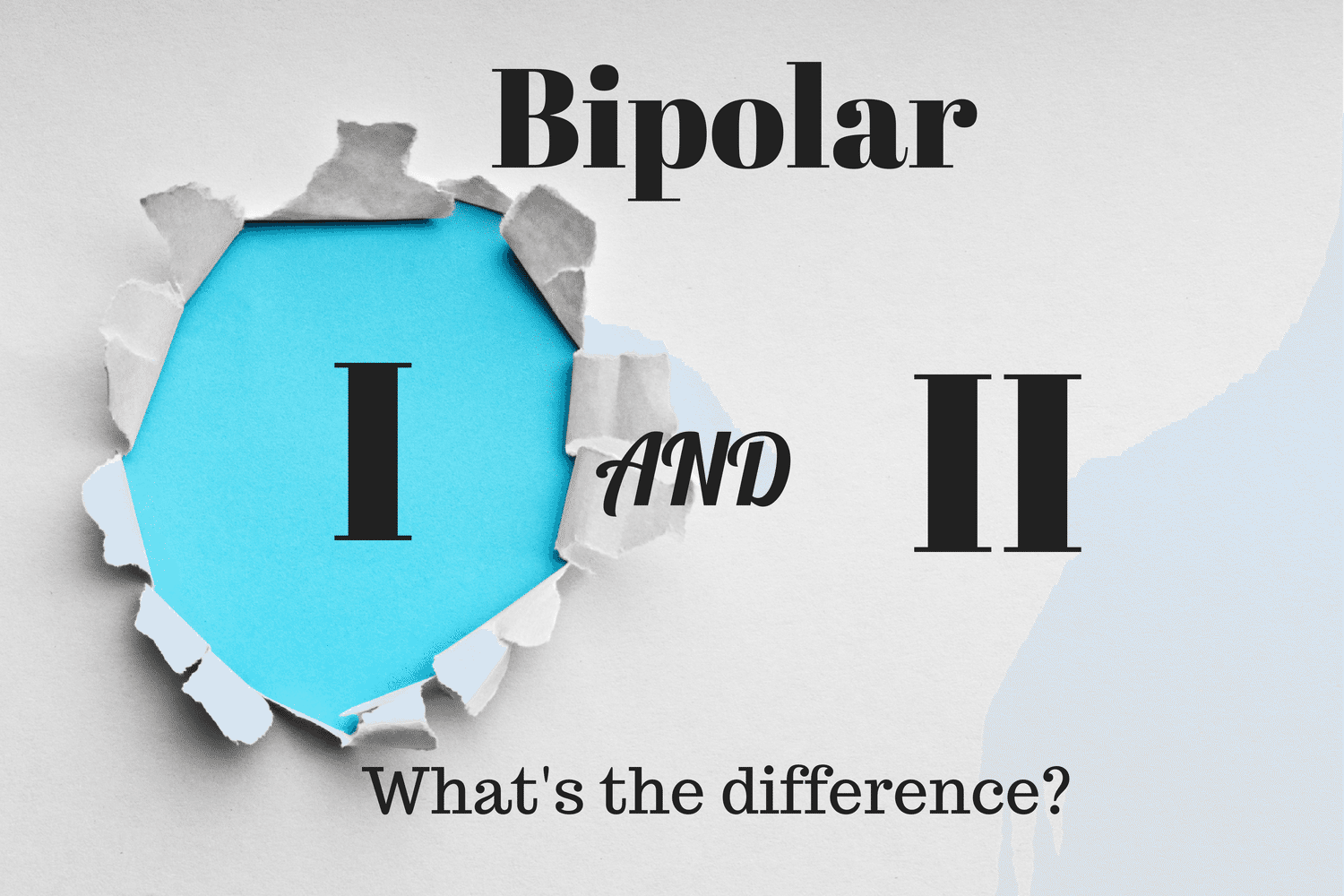The word “supplement” can cover a wide range of products, from pills and tablets to dietary and health aids. It can also refer to basic daily multivitamins and fish oil tablets, or more exotic things like ginkgo and kava.
Some supplements can be useful for boosting daily nutrition. Others, like St. John’s wort, kava, and ginkgo, have been marketed as antidepressants. Still others are believed to help with the function of the brain and the nervous system.
How do supplements fit into bipolar treatment?
There’s no consensus on the usefulness of supplements in the direct treatment of bipolar disorder. Some see them as an option, while others think they’re a waste of time and money.
For instance, while there’s some evidence that St. John’s wort may have some effect on minor or moderate depression, there’s little that supports its usefulness for major depression.
How do supplements work?
Some supplements, like multivitamins and fish oil capsules, are meant to prevent deficiencies of certain substances in the body. Links have been made between mood swings and deficiencies in necessary substances like B vitamins.
Others are marketed as antidepressants or sleep aids, but there are mixed opinions on their effectiveness and safety. Because of this, it’s important to let your doctor know before you start taking any kind of supplement.
What are the side effects?
Some supplements can interact with standard bipolar medications in various ways. Depending on the supplement and how it interacts with the body, some supplements could worsen depression or mania symptoms.
Multivitamin pills or tablets and fish oil capsules are available at most grocery or pharmacy stores. Others can be purchased at natural food or health stores.
Quality control in production can be an important point of consideration. Also, many supplements lack a large body of evidence supporting their usefulness, which suggests they may be ineffective.
Takeaway
The reviews on supplements among a number of sources are mixed. Some experts think they have at least some limited uses in treating bipolar disorder, while others see them as ineffective at best and dangerous at worst.
Quality control can vary with supplements, making it hard to be sure you’re getting a useful or safe product.
Before adding any supplement to your treatment plan, be sure to talk with your doctor.
Q:
Should supplements ever be used as a stand-alone treatment for bipolar disorder? Why or why not?
A:
Supplements should never be used as a stand-alone treatment for bipolar. The reason for this is because of the conflicting evidence associated with such treatments. One study may suggest that a particular supplement improves the symptoms of bipolar, whereas another study will contradict it. Additionally, very little is known about supplement-supplement or supplement-prescribed medication interactions. Discussions about supplements should be had with your doctor to achieve maximal effect and safety in your medication regimen.





